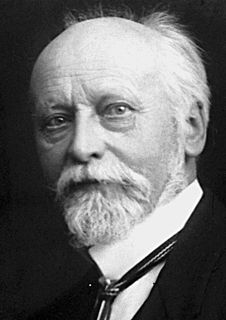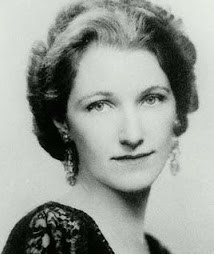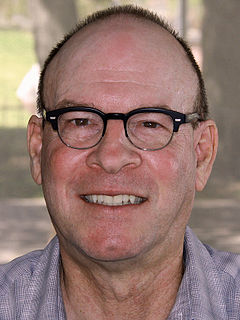A Quote by Mark Teixeira
I have no problem with the arbitration process.
Quote Topics
Related Quotes
There is a difficult transition in management from being the knowledgeable expert and the problem solver to becoming a process architect. The importance of good process in organizations is undervalued and people seldom get credited for putting good processes in place. It makes sense therefore that C-level executives don't want to delegate expertise and problem solving tasks which help them to "shine" and attract widespread recognition.
There's a feminist critique of Muslim Arbitration Tribunals, which I'm certainly not unsympathetic to, because as I keep saying, I come from a human rights context. But there's a feminist critique of Muslim Arbitration Tribunals specifically, which says women are going to have their rights eroded by virtue of the fact of these courts are going to negotiate settlements and negotiate the dropping of criminal charges against men. There's not been any evidence of that taking place.





































